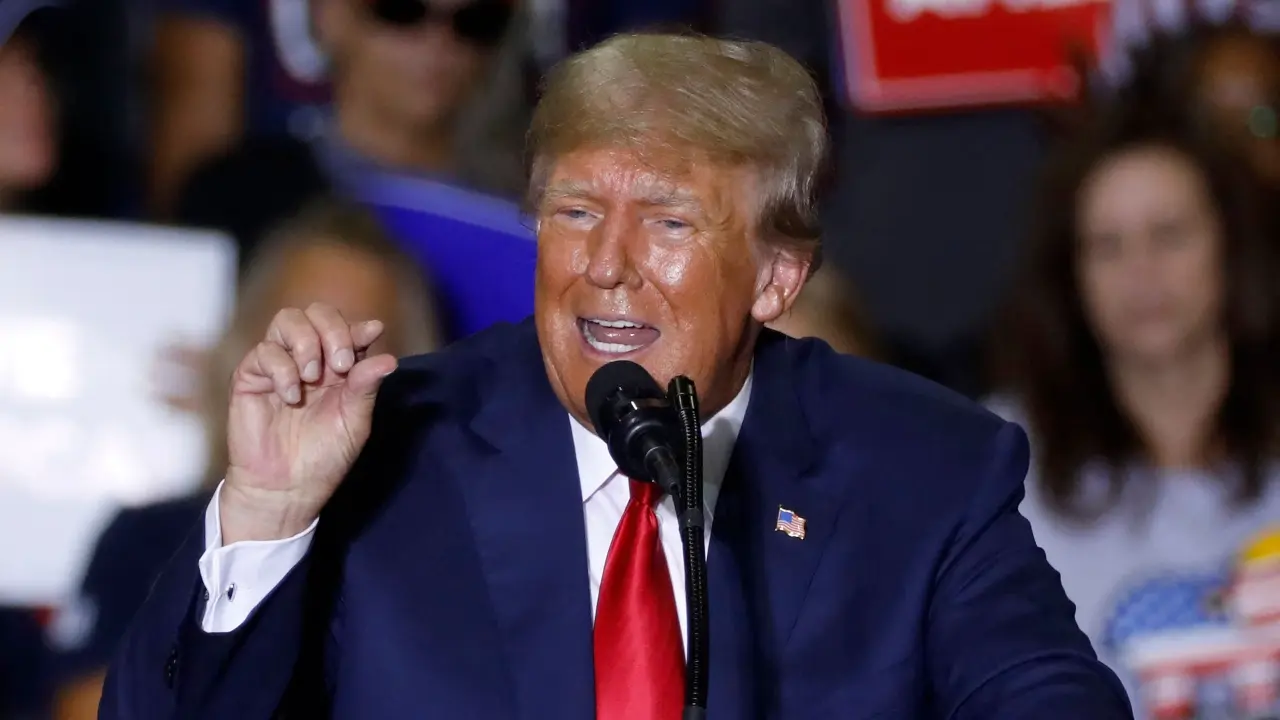**US House Representatives Meet Chinese Premier Li Qiang in Beijing, Aim to ‘Break the Ice’ Amid Tense US-China Relations**
A delegation from the US House of Representatives met with Chinese Premier Li Qiang on Sunday at the Great Hall of the People in Beijing. The lawmakers conveyed their hope to “break the ice” as the two superpowers strive to make progress toward stabilizing their increasingly tense relationship.
This visit comes during a week marked by high-stakes negotiations and tense phone calls between Washington and Beijing. According to Al Jazeera, the US delegation’s trip is a rare occasion aimed at thawing frozen ties amid ongoing disputes over trade, the fate of TikTok, and escalating military tensions in the South China Sea.
Just two days prior, US President Donald Trump and Chinese President Xi Jinping held their first phone call in three months. While the leaders discussed several critical issues, no breakthrough was reached regarding TikTok — the immensely popular Chinese-owned app boasting 170 million users in the United States.
The White House announced on Saturday that a prospective deal would grant US companies control over TikTok’s algorithm, with US citizens holding the majority on a board overseeing the app’s US operations—six out of seven seats. The app’s algorithm, which determines what content users see, has been a point of concern for US officials who fear potential manipulation by Chinese authorities.
Despite this, President Trump told reporters on Saturday evening that “great American patriots” are planning to purchase TikTok’s US operations. Originally slated for a ban in the US in January, TikTok has instead remained operational due to repeated executive orders allowing the app to continue while negotiations with its owner, China’s ByteDance, proceed.
“And they’re very smart technologically,” Trump said of the potential buyers, “and they will not let anything bad happen to TikTok.”
Oracle, the tech giant led by billionaire and longtime Trump supporter Larry Ellison, is one of the frontrunners to acquire TikTok’s US operations.
White House Press Secretary Karoline Leavitt expressed confidence in the deal during a Fox News interview on Saturday, stating the administration is “100 per cent confident that a deal is done.” She added, “[Trump] recognized the need to protect Americans’ privacy and data while also keeping this app open.”
Leavitt emphasized TikTok’s importance, calling it “a vital part of our democratic process,” and anticipated the agreement would be finalized “in the coming days.”
As tensions continue, this diplomatic engagement and potential TikTok deal represent crucial steps in addressing the complex challenges defining US-China relations.
https://economictimes.indiatimes.com/tech/technology/us-lawmakers-seek-to-break-the-ice-in-china-visit-amid-trade-tiktok-tensions/articleshow/124036815.cms
